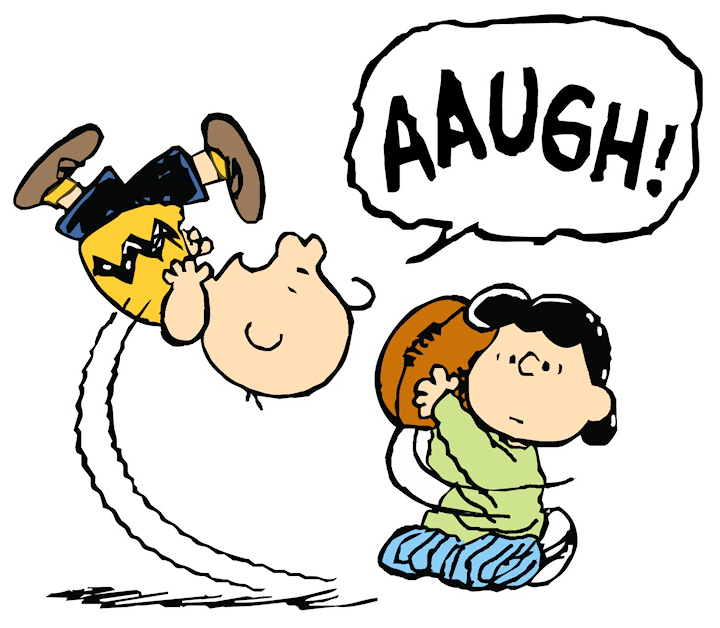I recently had cause to rent a vehicle and Enterprise is the closest location to my home, so I made a reservation on their site for a premium car and went to their lot at the appointed time to pick up my vehicle. To my surprise, they informed me they did not have a single car in that class, but they would happily offer me an upgrade to a minivan if I was willing to pay the additional charges associated with a minivan.
I pointed out to the assistant manager helping me that this practice is what is known as “bait and switch” and is illegal. She didn’t seem to grasp the concept but understood that I was not happy with the offer. So, she suggested I accept a downgrade to the ‘standard’ vehicle which would also save me $25.

I accepted the downgrade, in this case a much smaller and less comfortable car than the one I had reserved, because I had only a few hours to be where I needed to be. Had the situation been otherwise, I would have walked away.
Enterprise used to be known as a company that excelled at customer service. I experienced this first hand; store managers were eager to please and would offer upgrades at the first sign of the customer’s unhappiness. Of course, in this case, Enterprise knew they didn’t have my car on hand, but they accepted the reservation. Obviously their system knows what cars are where and what reservations they have and could have simply told me the class I wanted was not available, but they took the order anyway.
Why?
Because they’ve determined that a very high percentage of people will be in the same situation I was and will reluctantly accept a replacement, even if inferior. Therefore, it makes sense to take the orders even when they know they can’t properly fill them. Otherwise they’d lose out on the revenue and risk a competitor gaining a new customer.
The problem with this approach is the tip of the spear-the employees on the ground at the location-lack the personal charm or concern for the customer’s happiness. They never once said “sorry” or tried to make up for their error. Instead of offering me a free upgrade, which anyone with a 90 IQ can be taught is the way to handle this kind of scenario, they offered me two unpleasant choices.
Regrettably, this is not uncommon in business. I often test client customer service as well as competitors or hire others to do ‘mystery shopper’ kind of activities in order to speak more intelligently about how employees and processes are really working. In my experience managers and owners typically substantially overstate how well they do at these things, and only data can persuade them otherwise (although not always).
In the Enterprise case, my assumption is the employment market in middle TN is so tight that management has had to accept some folks they otherwise might not have in order to staff their locations. They are perpetually understaffed as it is, given my experience on the phone and in person at their locations. The right thing to do of course would be to hire better trainers and better people and pay them a little more in order to increase the ‘stickiness’ of the customer relationship. Enterprise will counter, as many myopic managers and owners do, that my solution would ‘cost’ more. They’re missing the point; My ‘stickiness’ quotient dropped considerably as a result of this experience and I will now try a competitor, even if they are less convenient. The ‘cost’ here to the business is substantially greater than the negligible additional cost of hiring and training well. The lifetime customer value of a recurring client in this industry has to be tens of thousands of dollars.
Lesson: Don’t worry about ‘cost’, but about value creation, client relationships and maximizing retention. Bean counters worry about costs; leaders create success.

